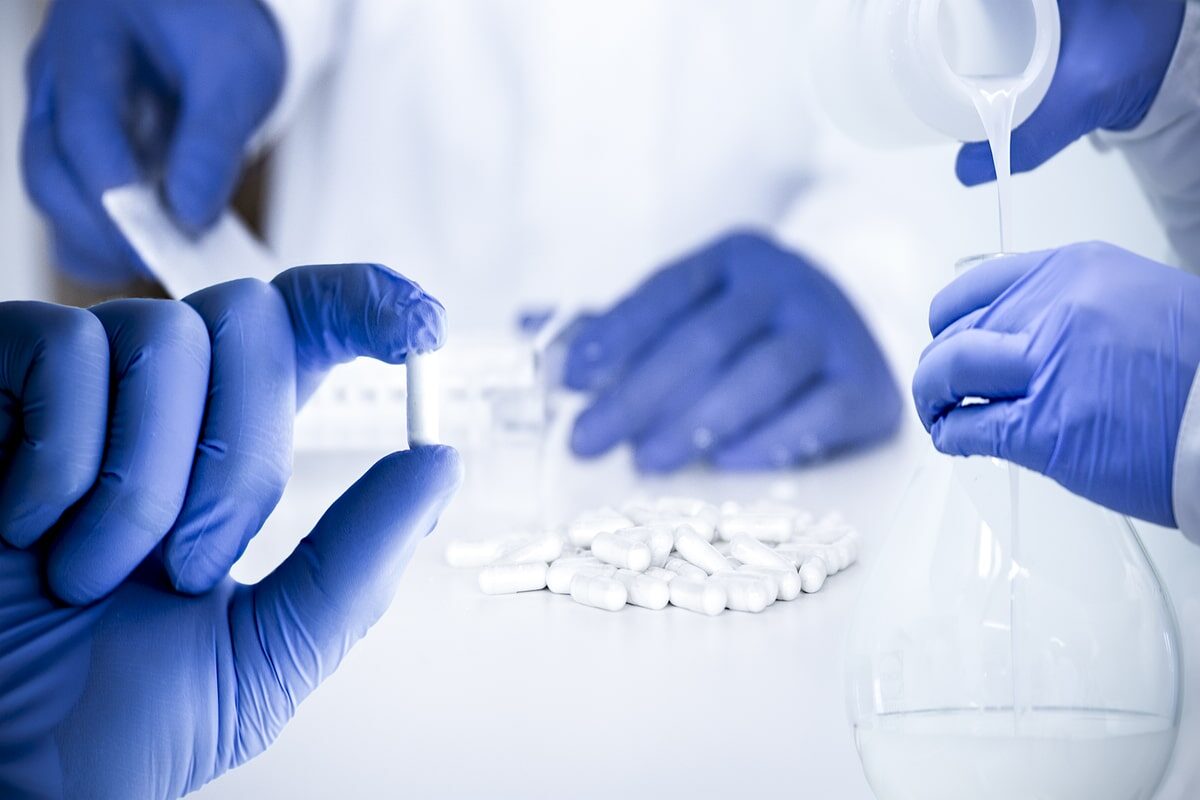Drug formulation is a process where various chemical substances are combined with the active drug to form a final medicinal product that is easy and safe for human consumption. It plays a pivotal role in the success of any pharmaceutical development program.
From the early stage preclinical studies to the late-stage clinical trials, formulation chemistry is used to design a safe and effective product. However, formulation chemistry is often overlooked during the early stages of drug development. Many companies delay their planning process to the later stages of drug development. This can lead to the costly delays or failure of pharmaceutical development programs.
In such a scenario, how can the commercial drug sponsors ensure a timely and cost-effective drug development program?
Here is the secret:
1) Ensure appropriate phase formulation
Whether you are developing a formulation for a preclinical or a clinical investigation, make sure that the dosage form is appropriate for the particular study phase. Consider the aim of each test and the characteristics of the active pharmaceutical ingredient.
For example, preclinical studies often use formulations in liquids or suspensions and are built for the animal they are being administered to. Since the animal’s gastrointestinal tract conditions can affect the performance of the formulation, it must be taken into account during the formulation development process.
Similarly, for clinical investigations, formulation development has to be more complex and appropriate for the human intake.
2) Have an integrated approach to save time and money
Effective formulations are necessary for all stages of drug development. Therefore, pharmaceutical companies can’t make design decisions on an ad hoc basis. They must centralize their formulation efforts around the needs of the specific phase of the study. Moreover, formulation development process must be supported by a comprehensive understanding of the physicochemical and biochemical properties of the study drug.
In simple words, know your active pharmaceutical ingredient early in the study. Greater your efforts to know the API, easier it will be to predict and plan for the potential development issues. Further, you will spend less time, resources and funding to solve the subsequent problems.
However, to ensure this information is used in the right way, there must be an open communication between the drug development teams. The pharmaceutical companies can increase the effectiveness and efficiency of their projects by following an integrated approach towards formulation development.
A formulation scientist must work closely with the drug discovery teams during API development and ensure that formulation is always an integral part of the development process. In this way, formulation decisions will always be based on what you want to achieve through your study and the program as a whole.
So, the success of drug development programs depends on robust formulation strategies at every stage of the process. By using an early integrated approach to formulation development, pharmaceutical sponsors can reduce risk, maximize efficiency and ensure that the products reach patients in the shortest possible time.

